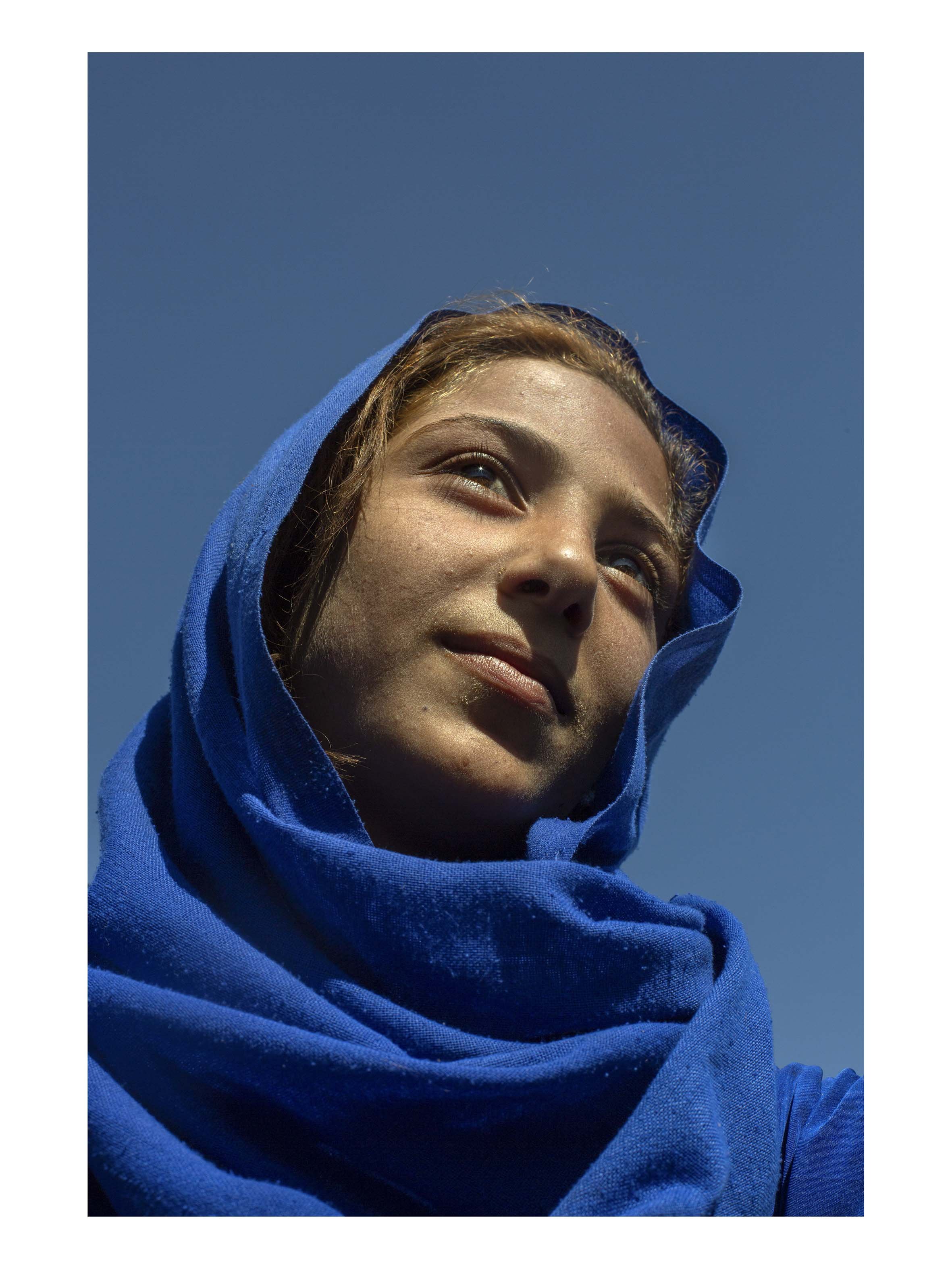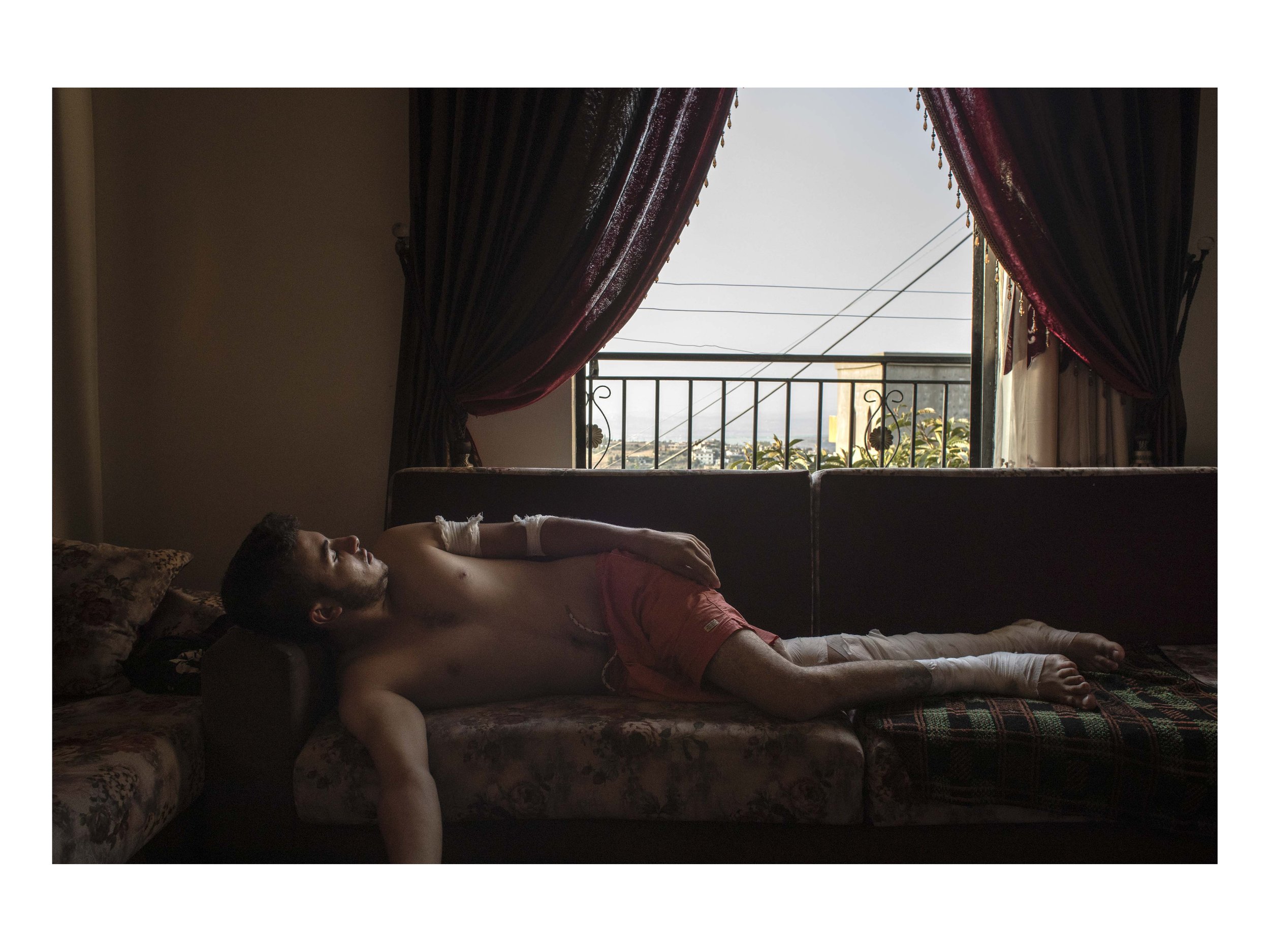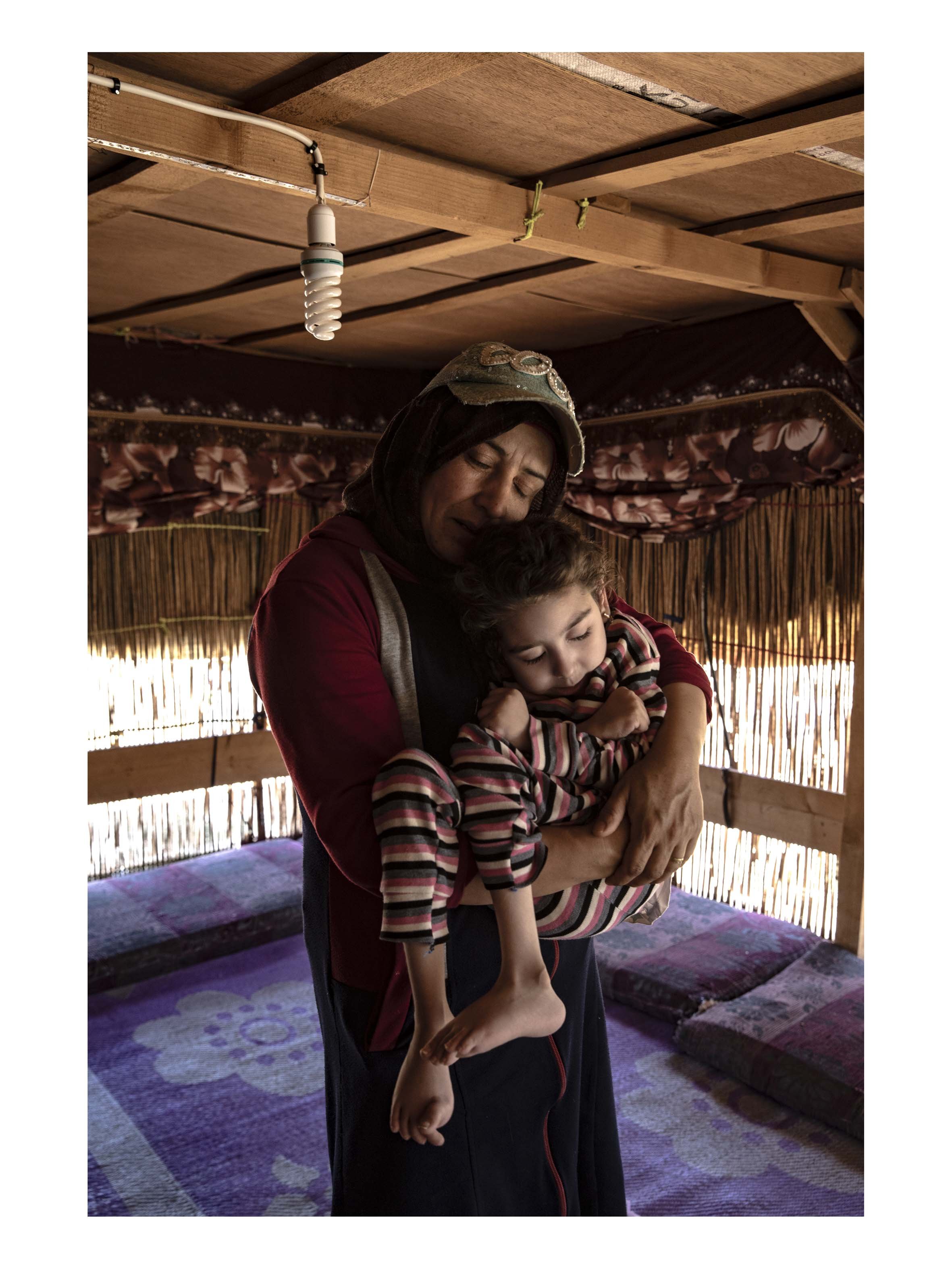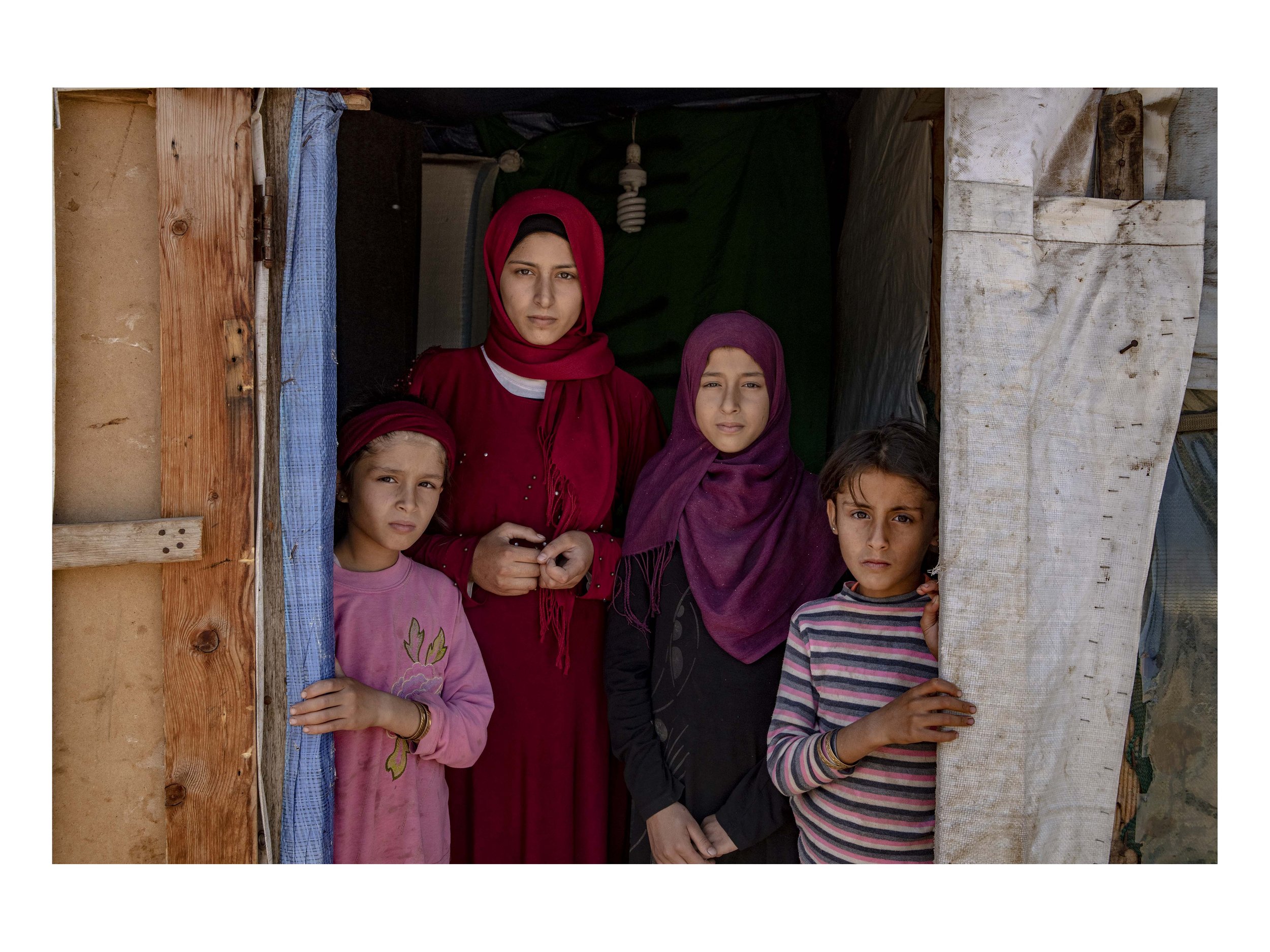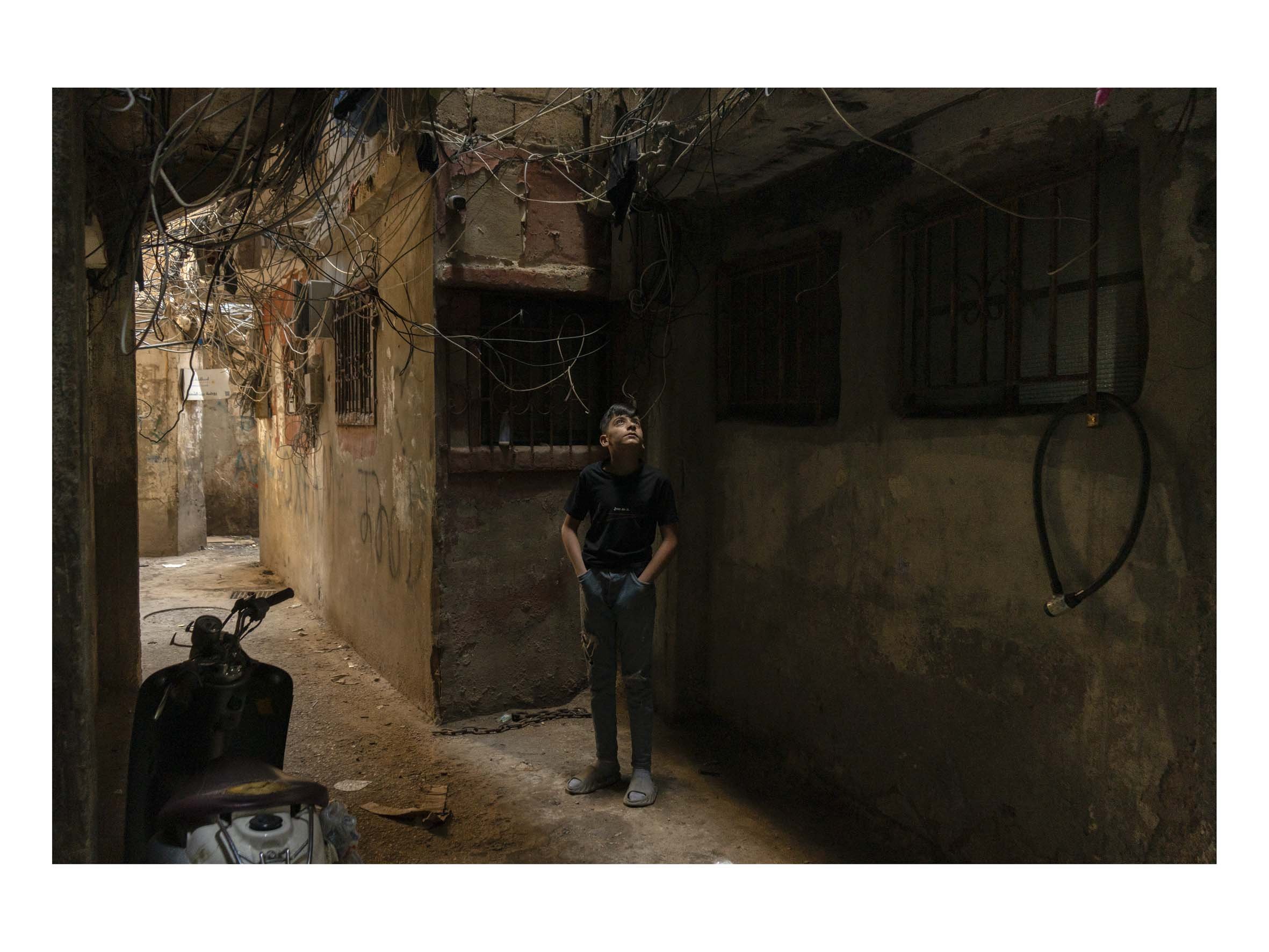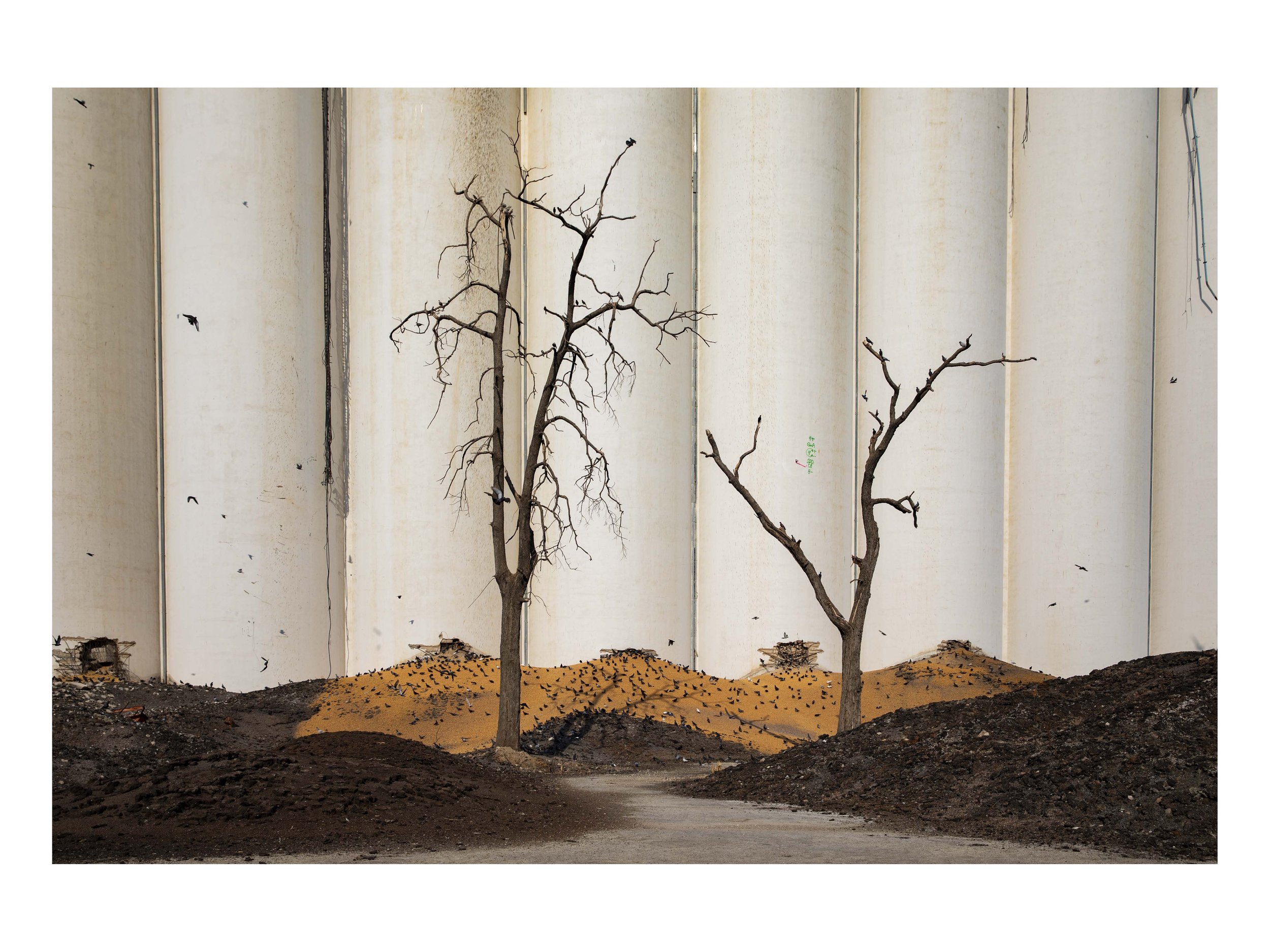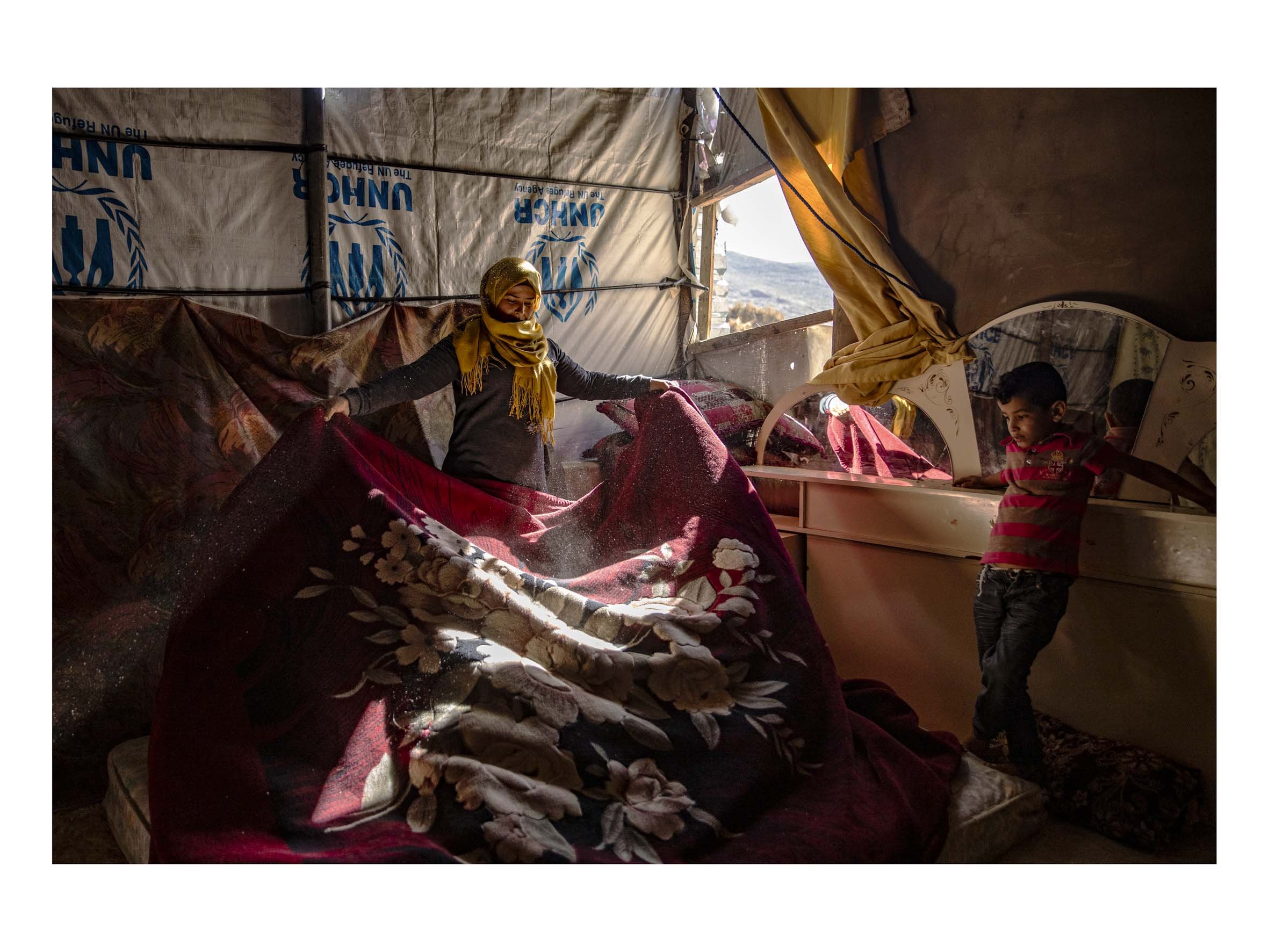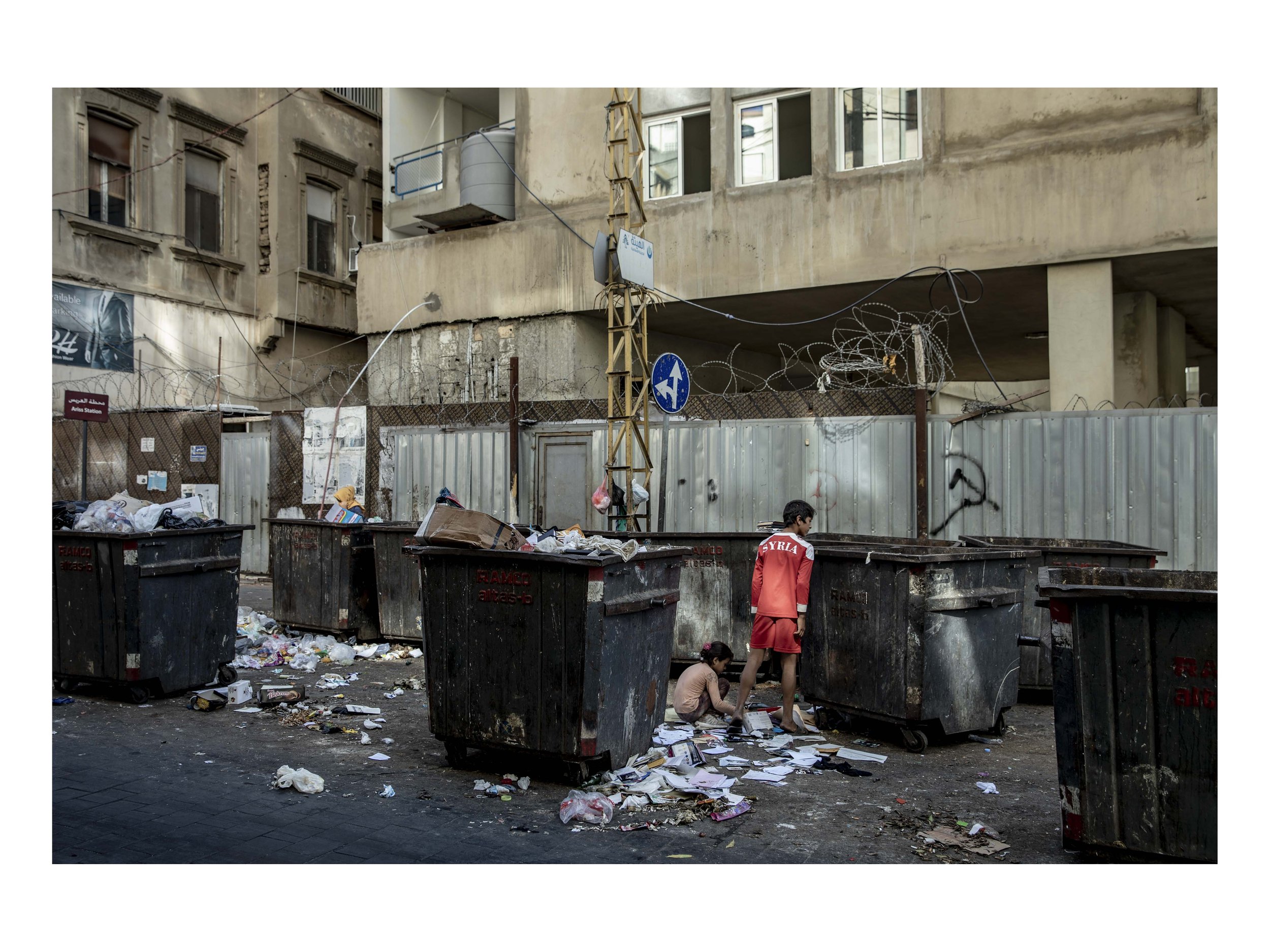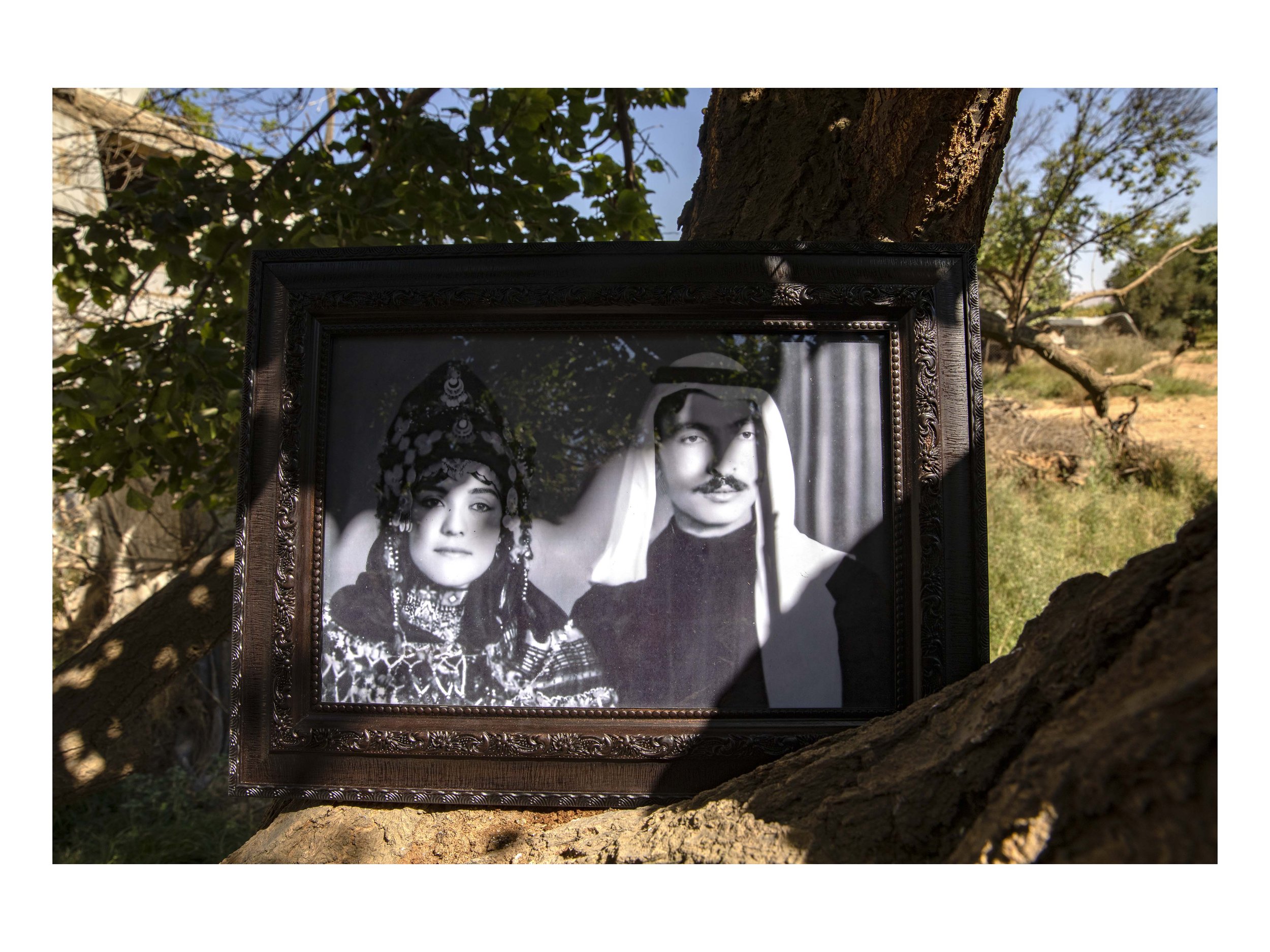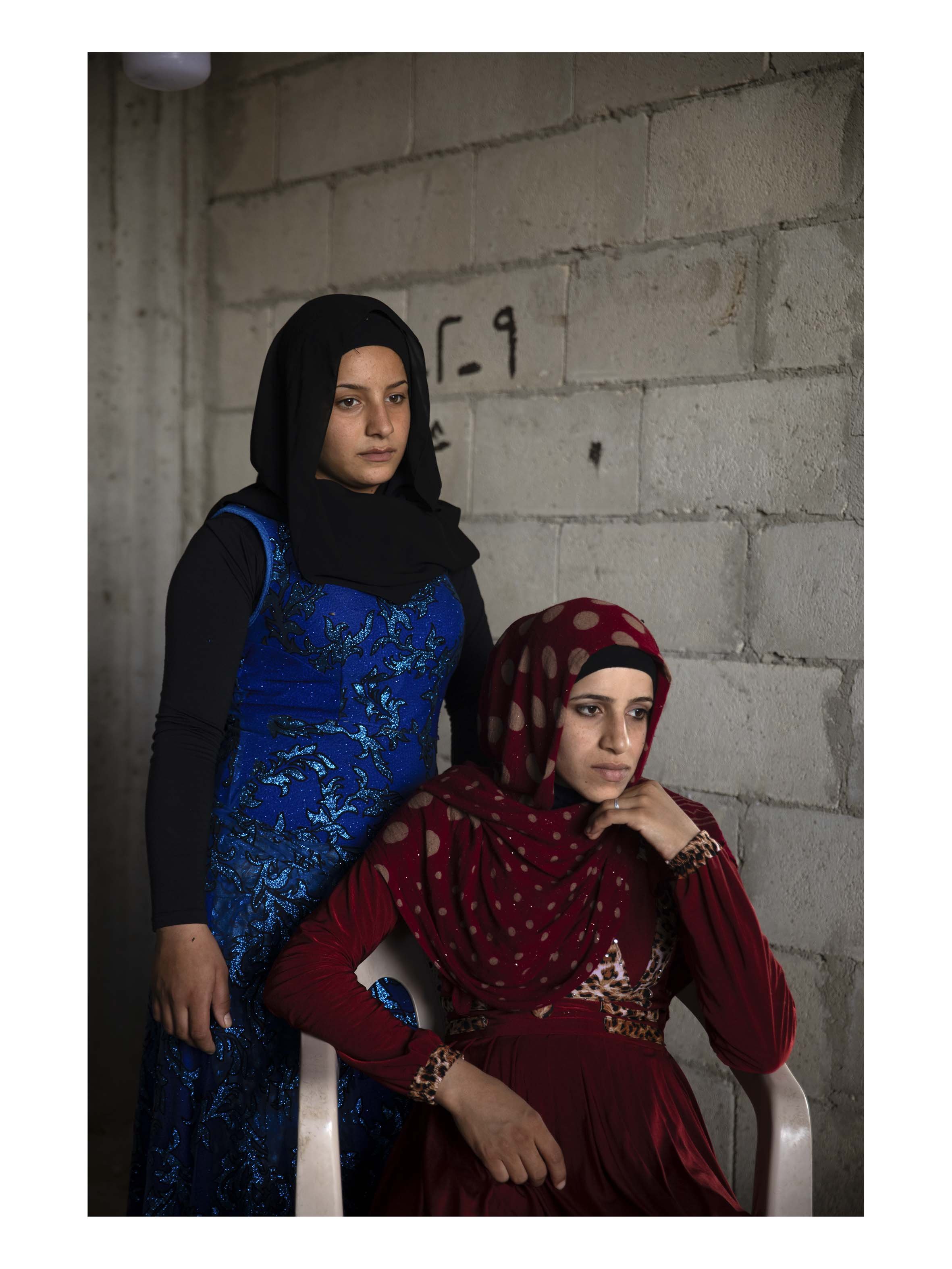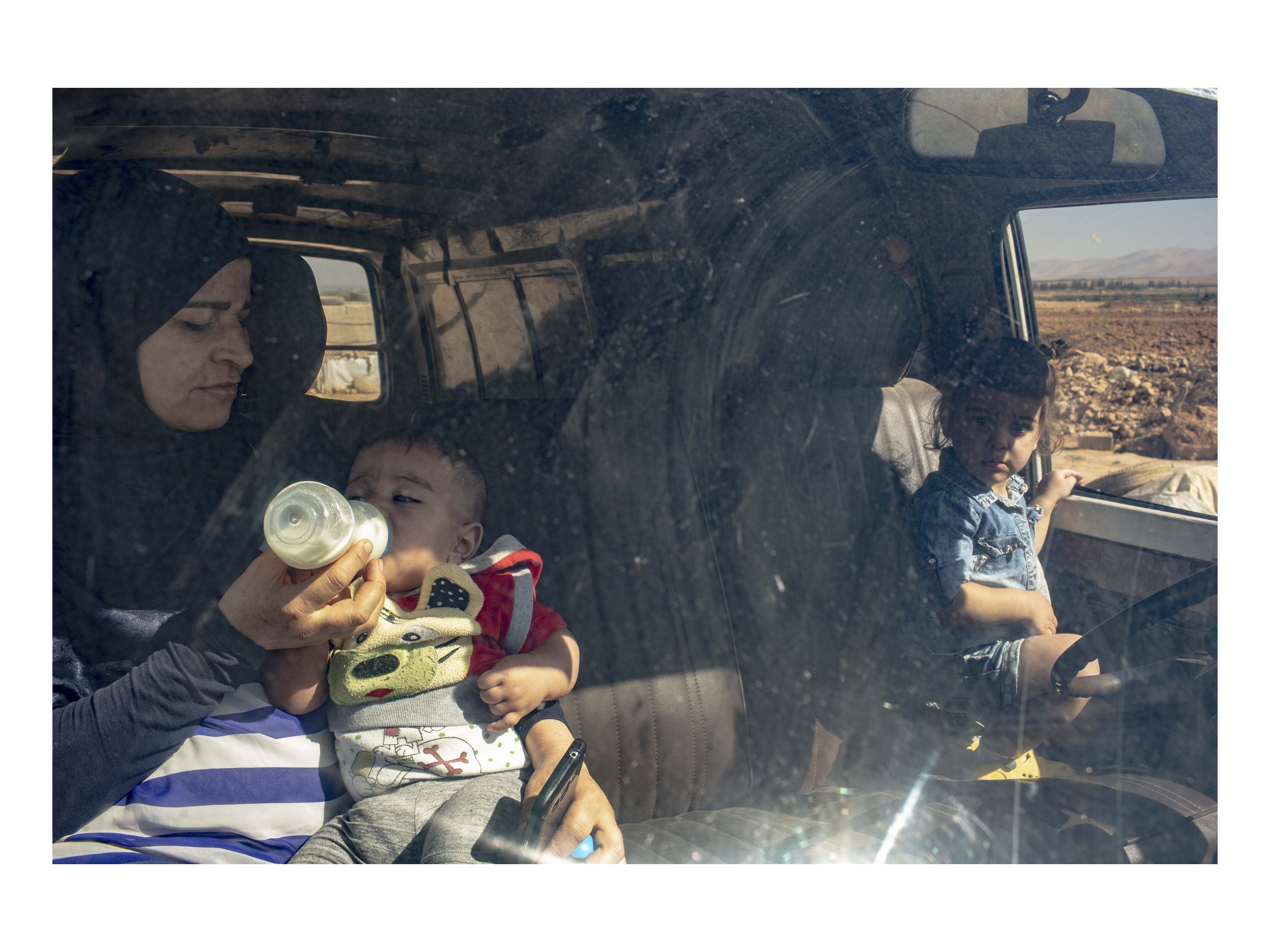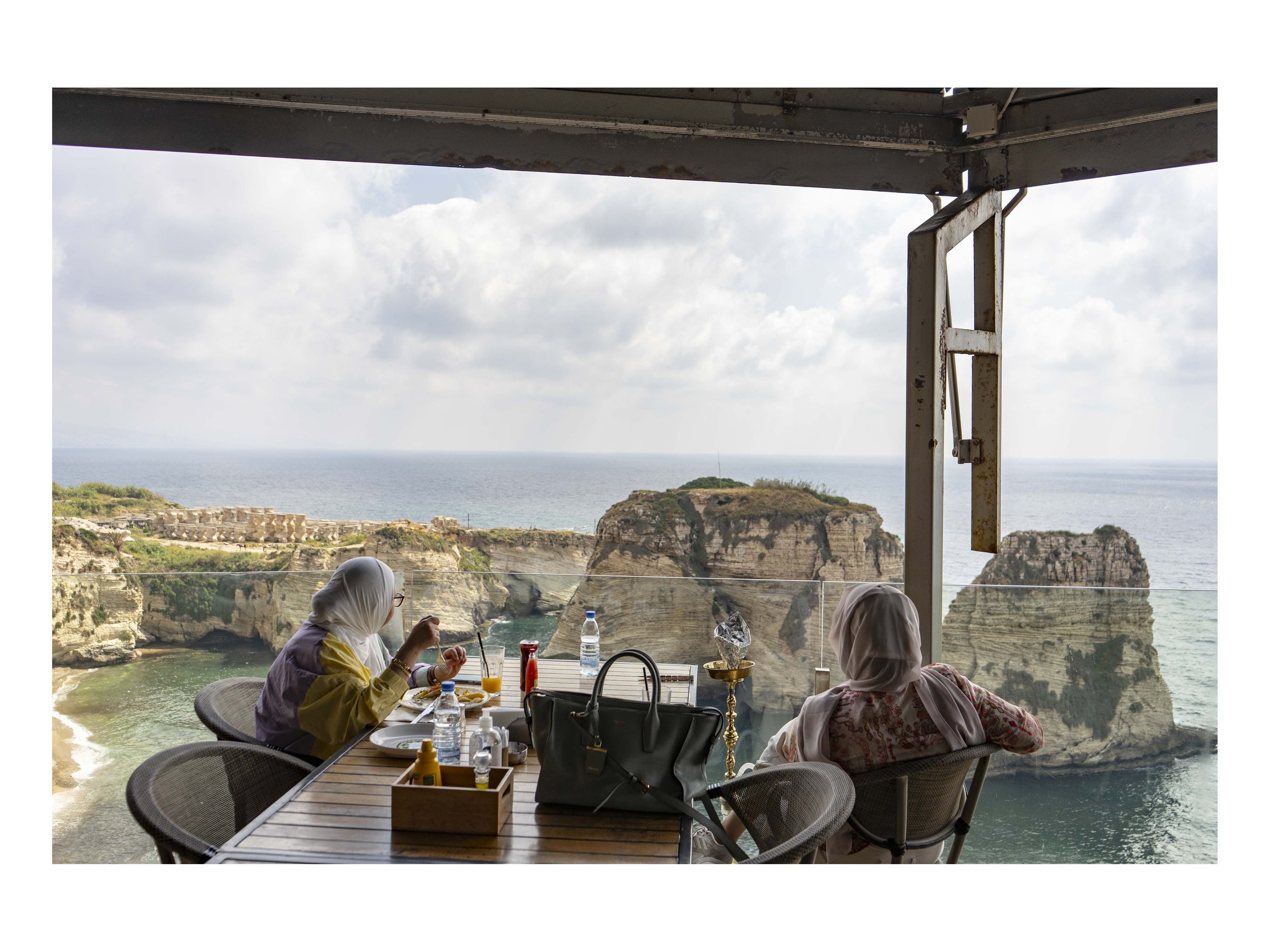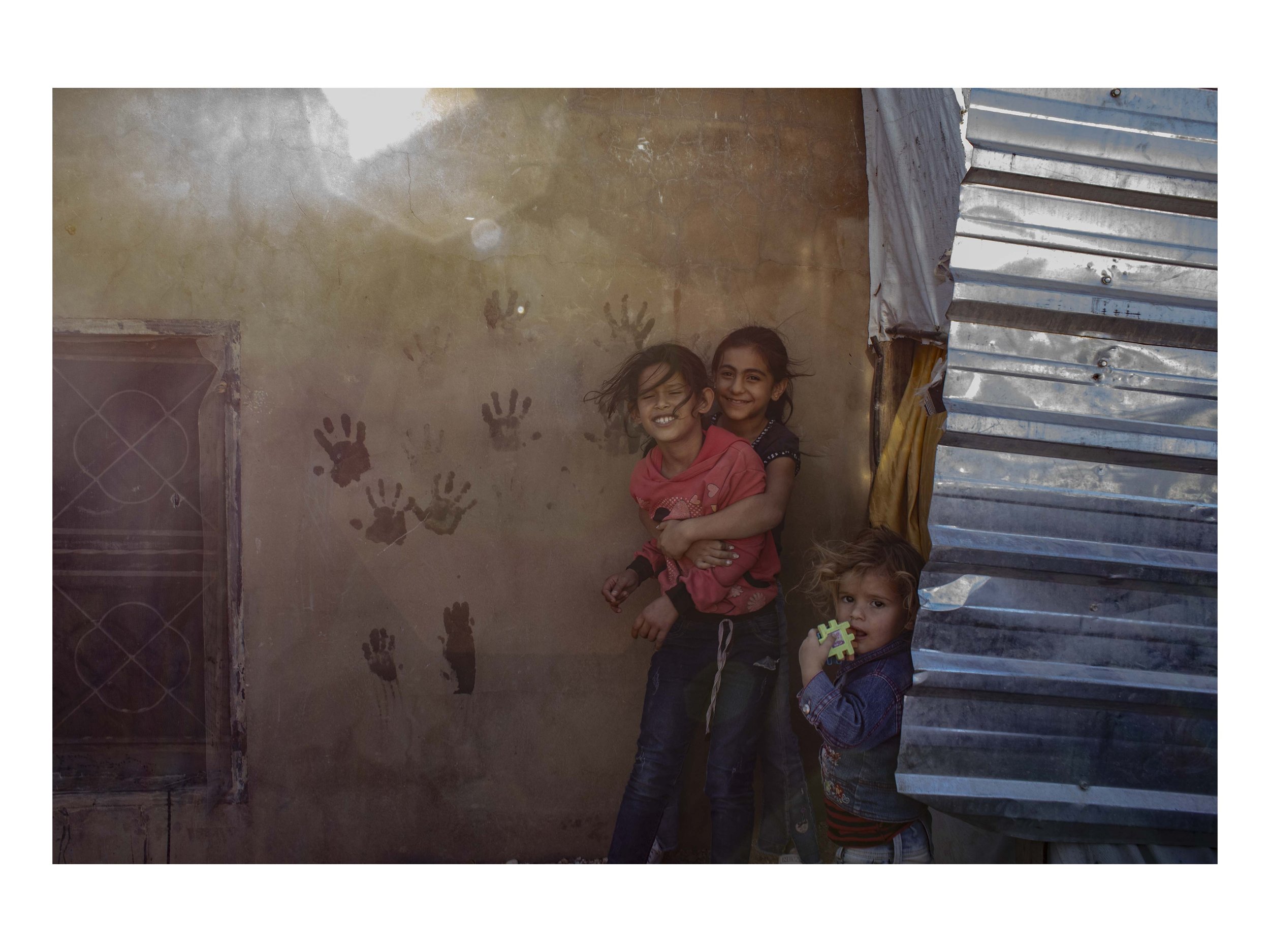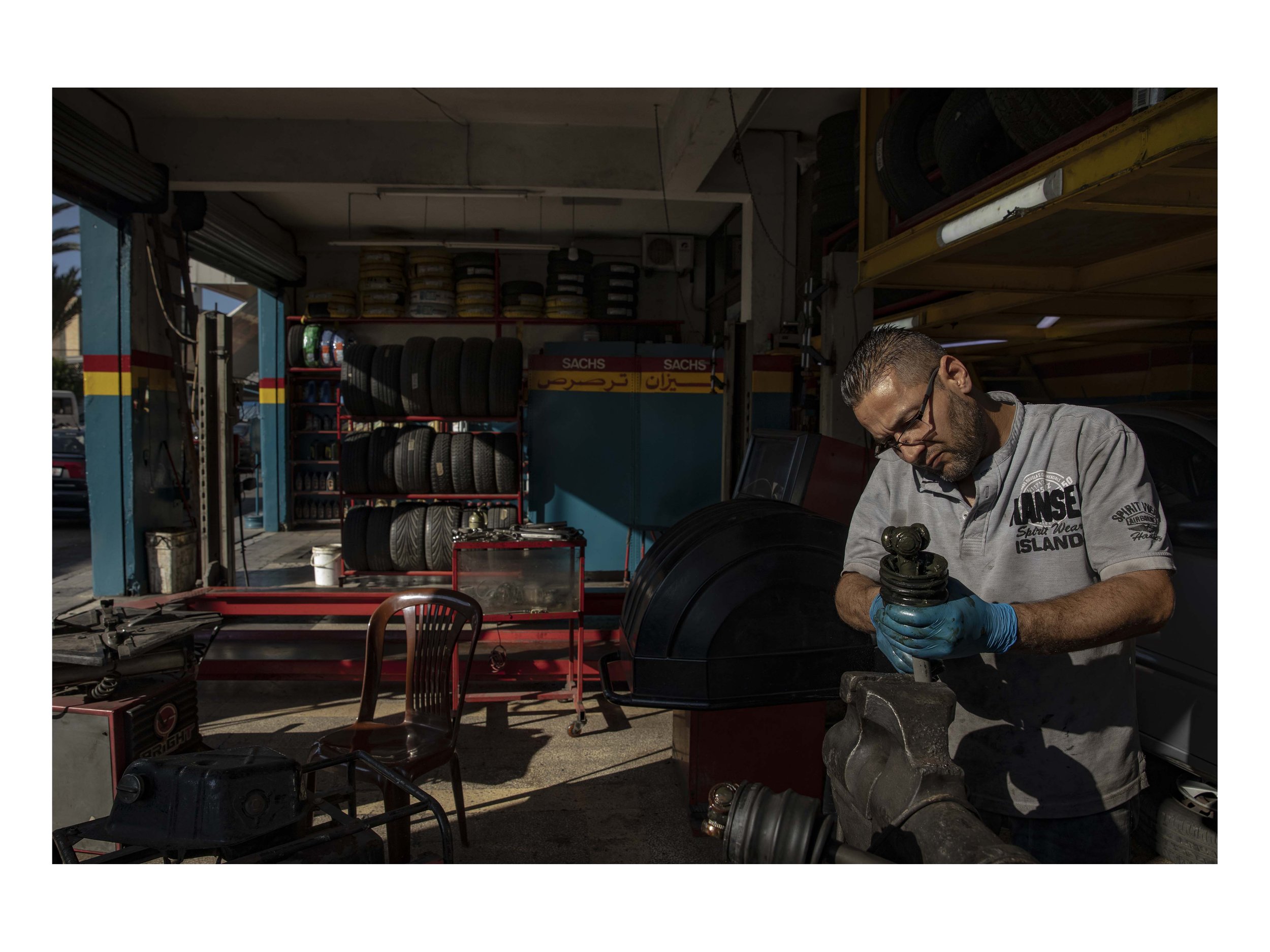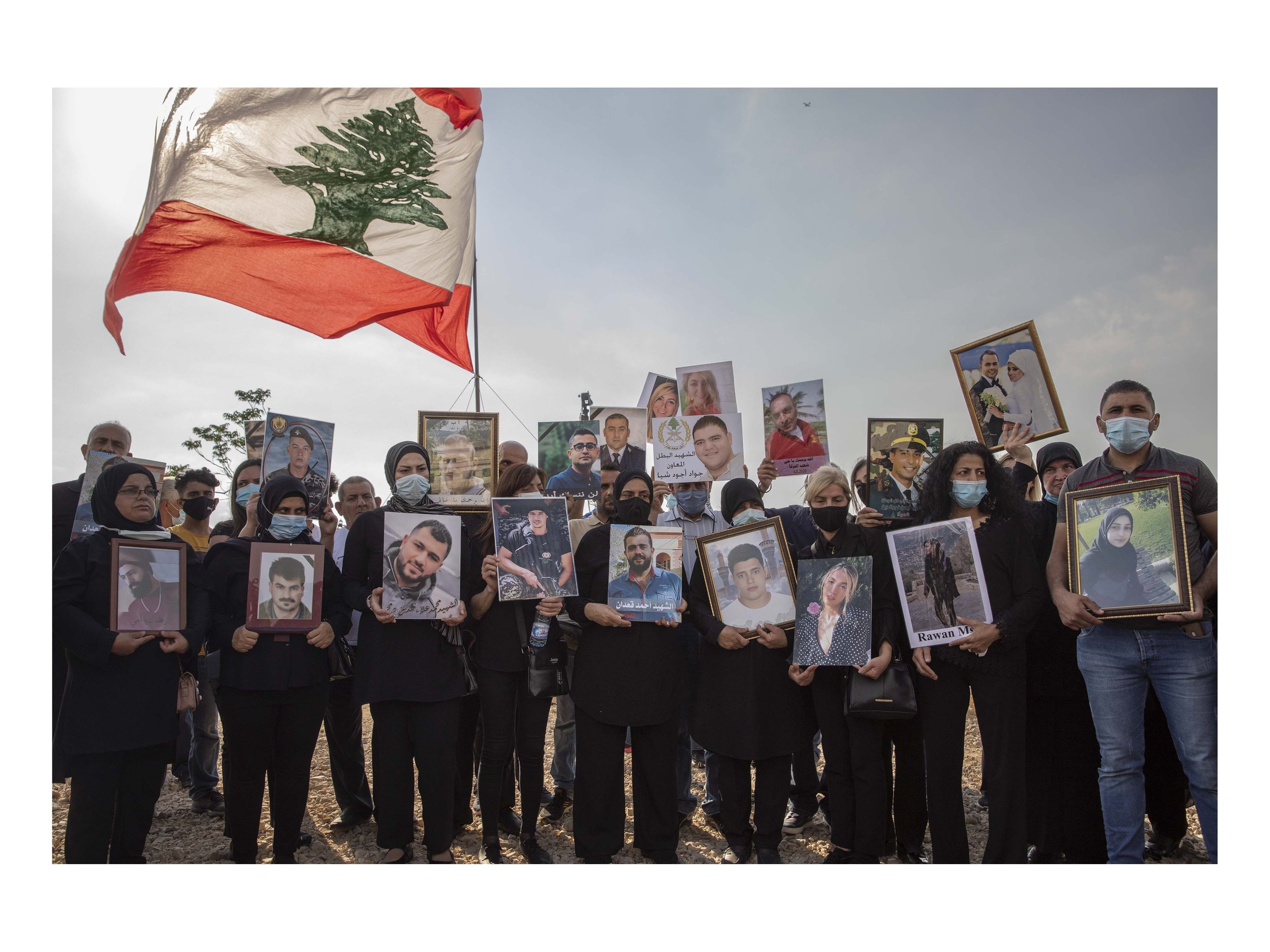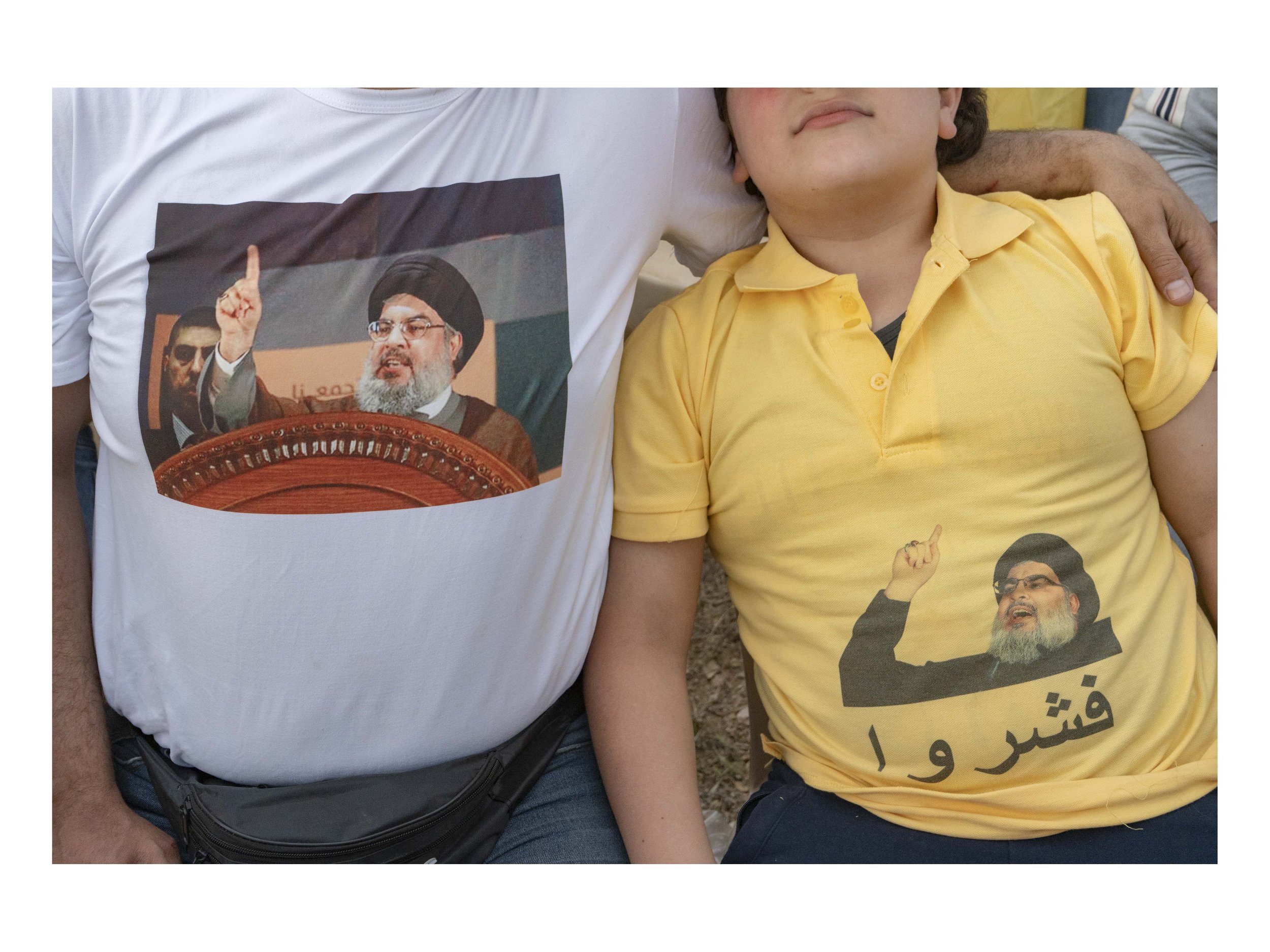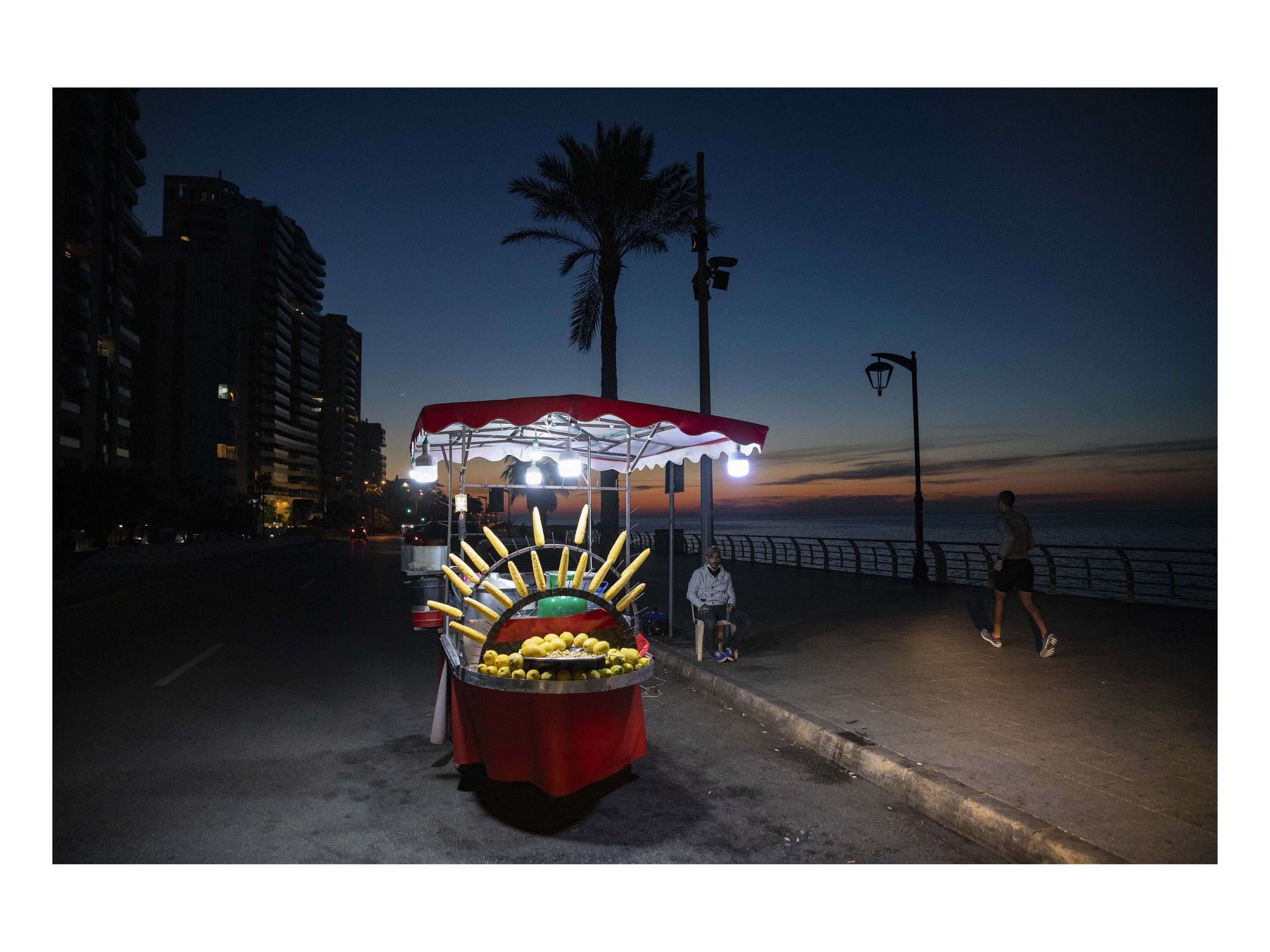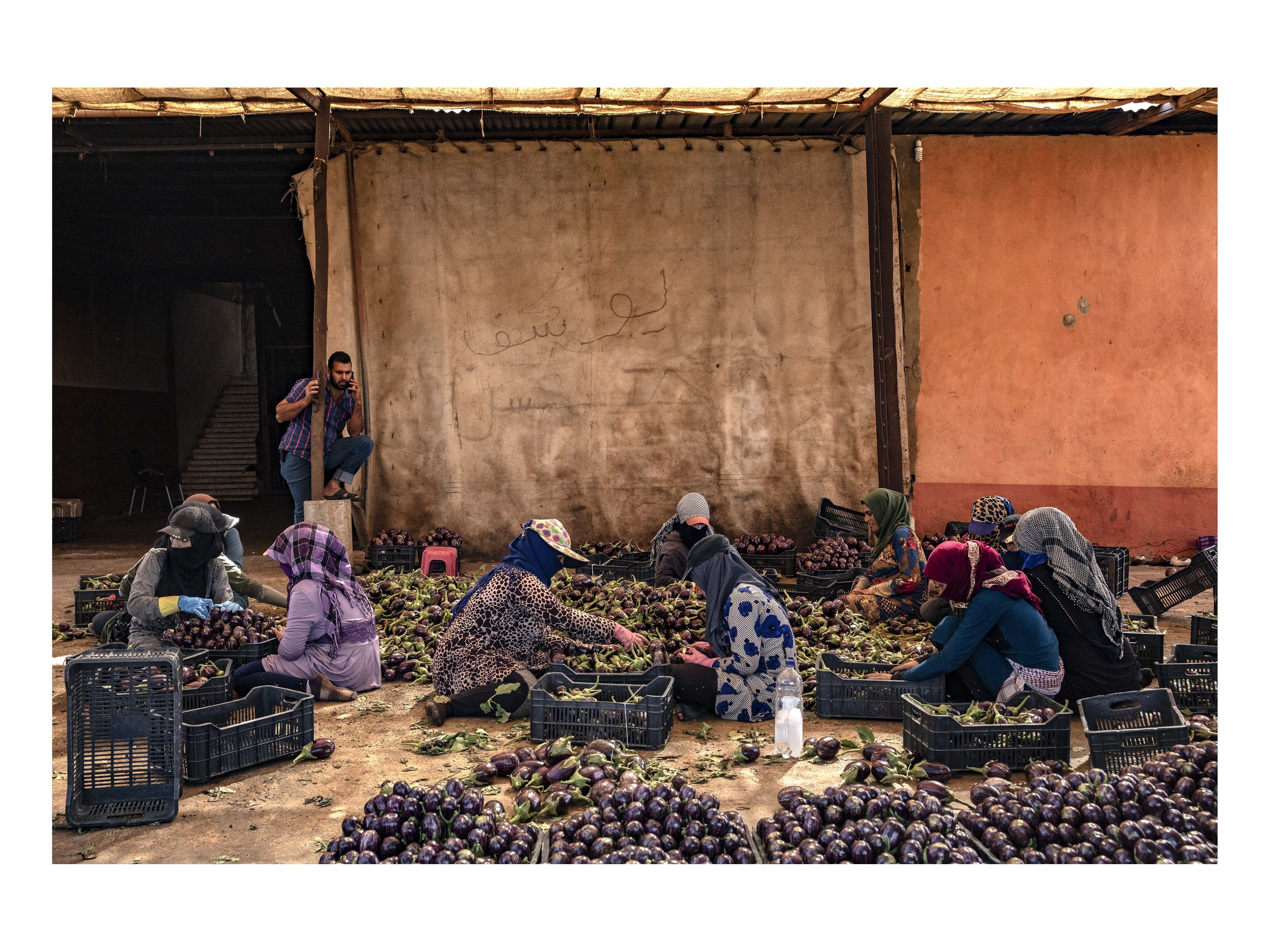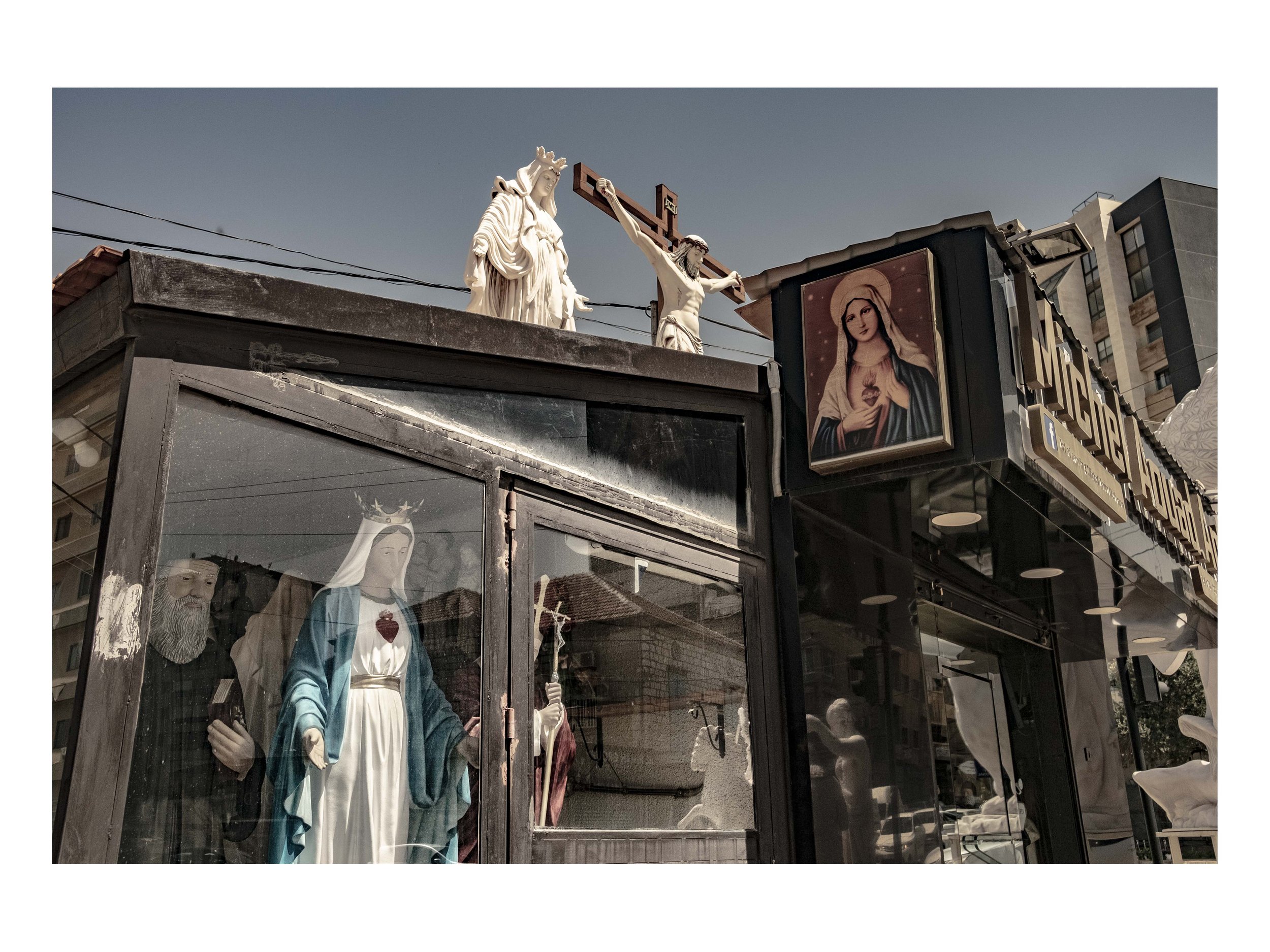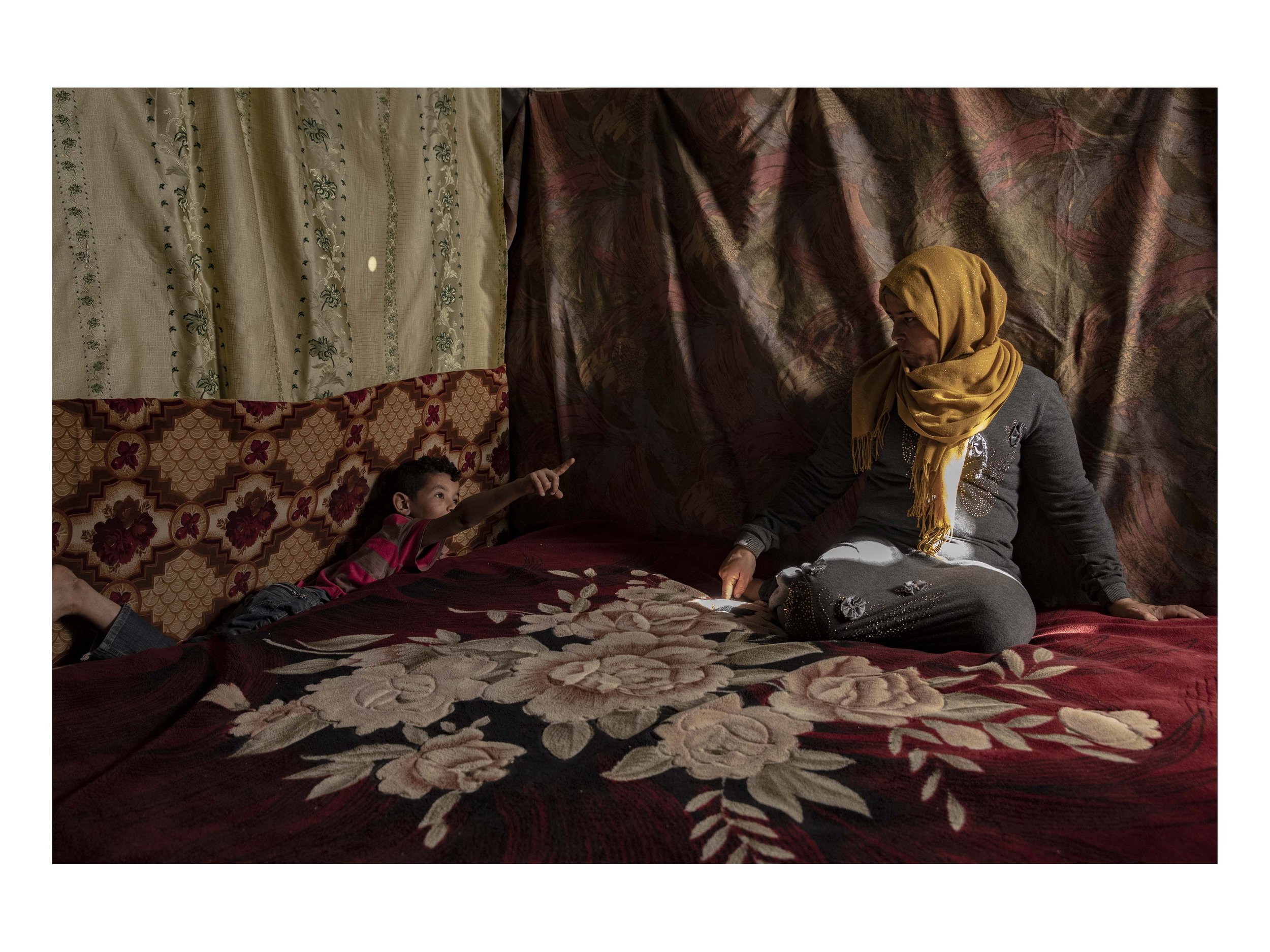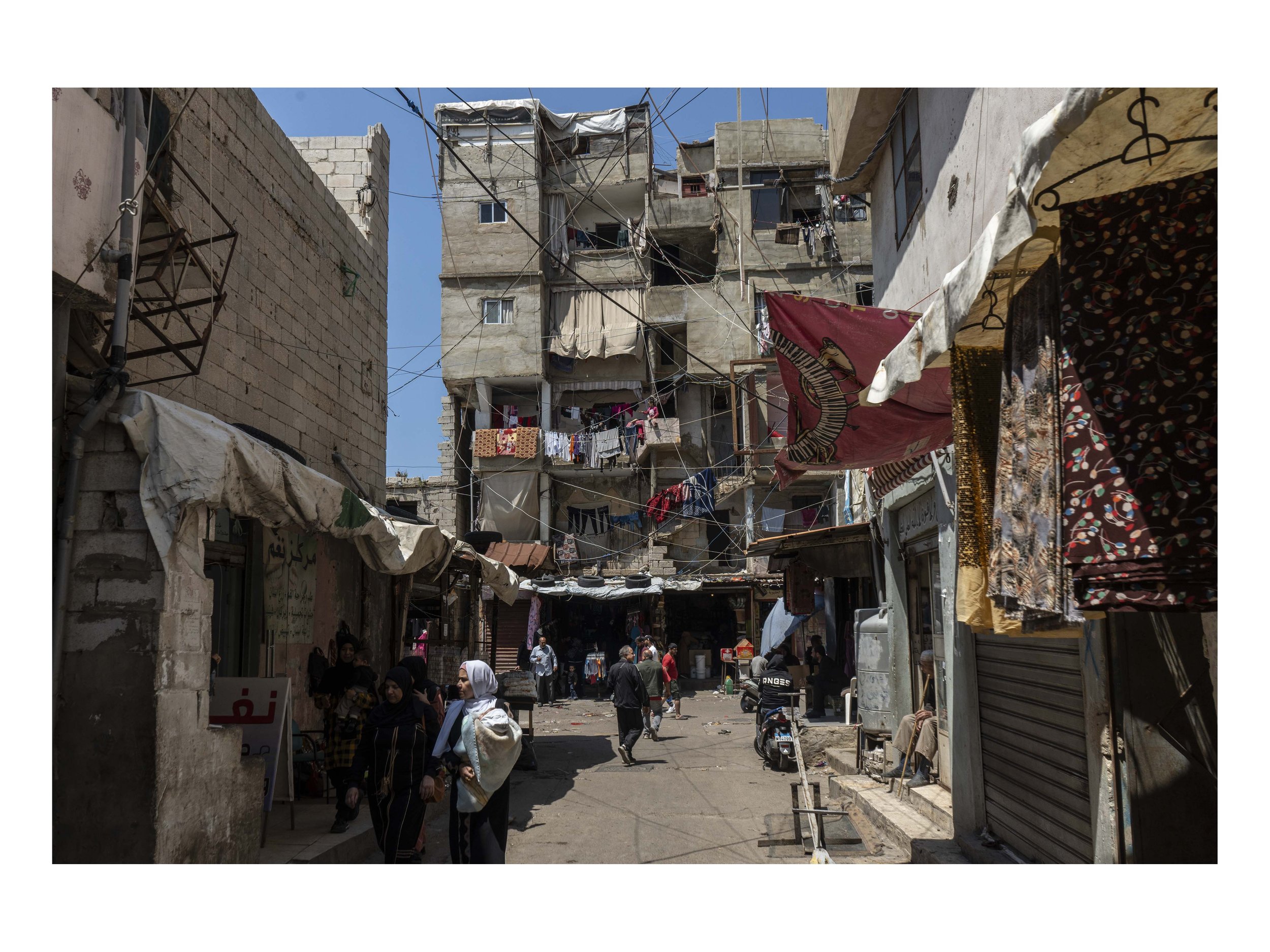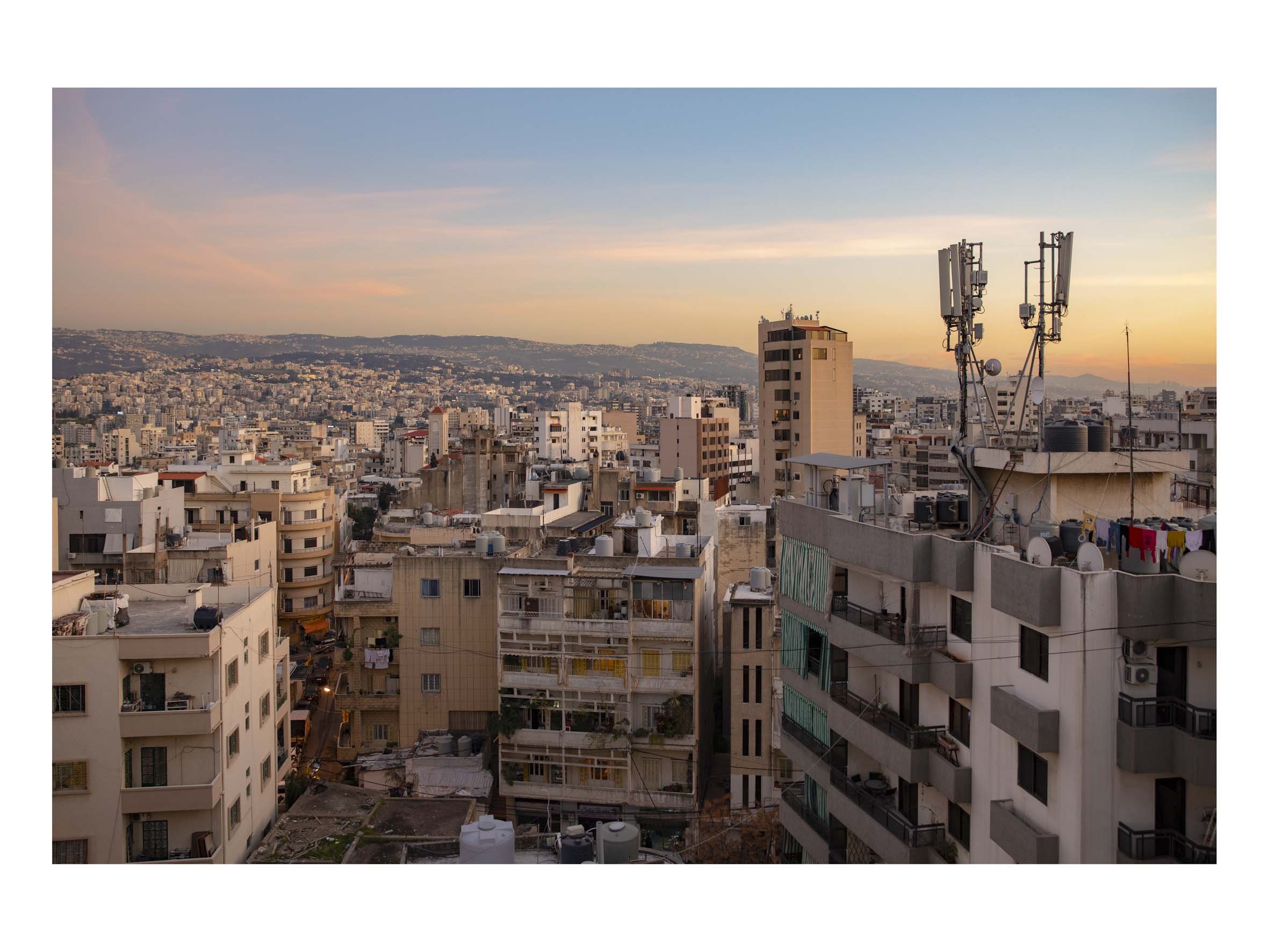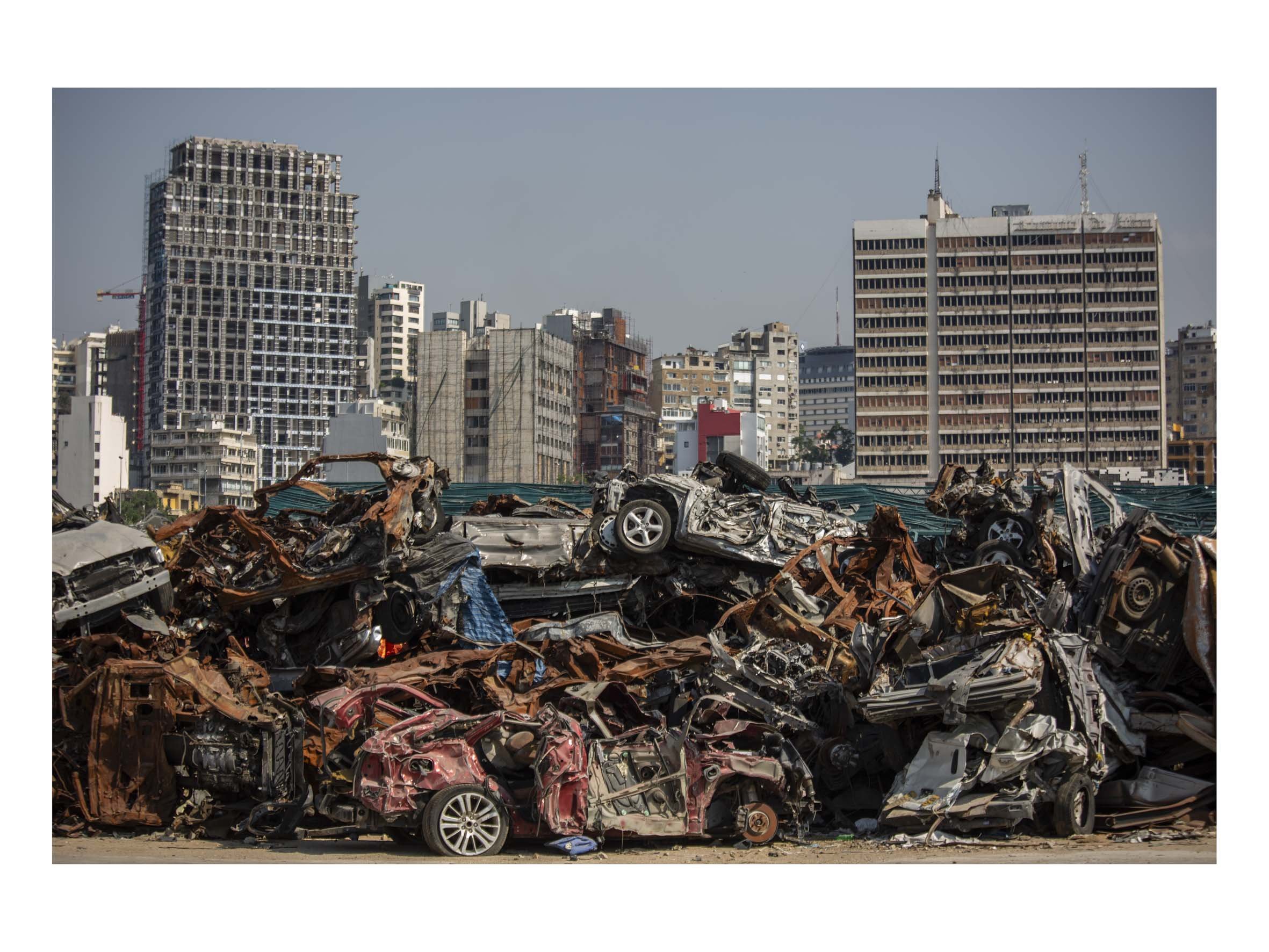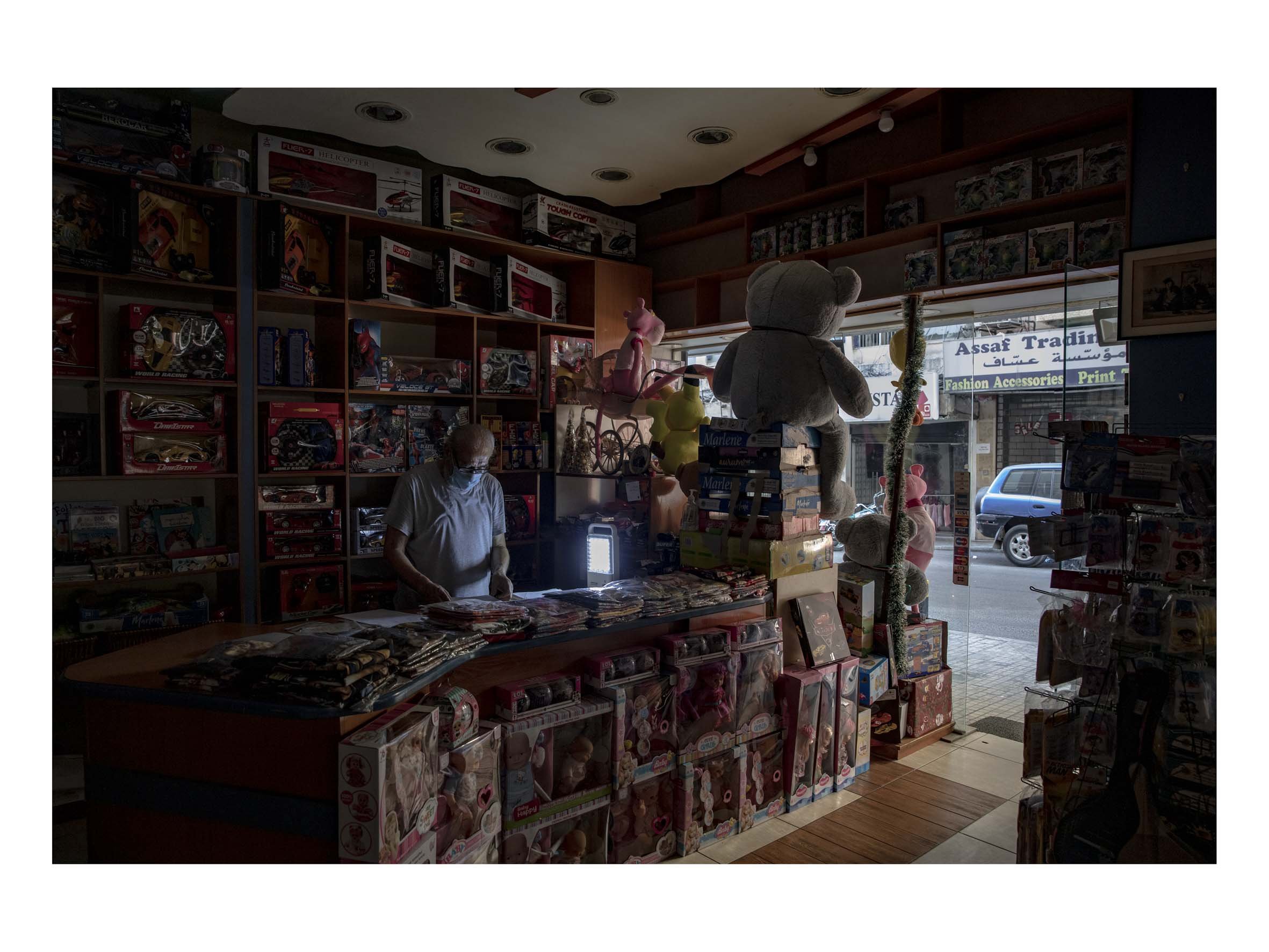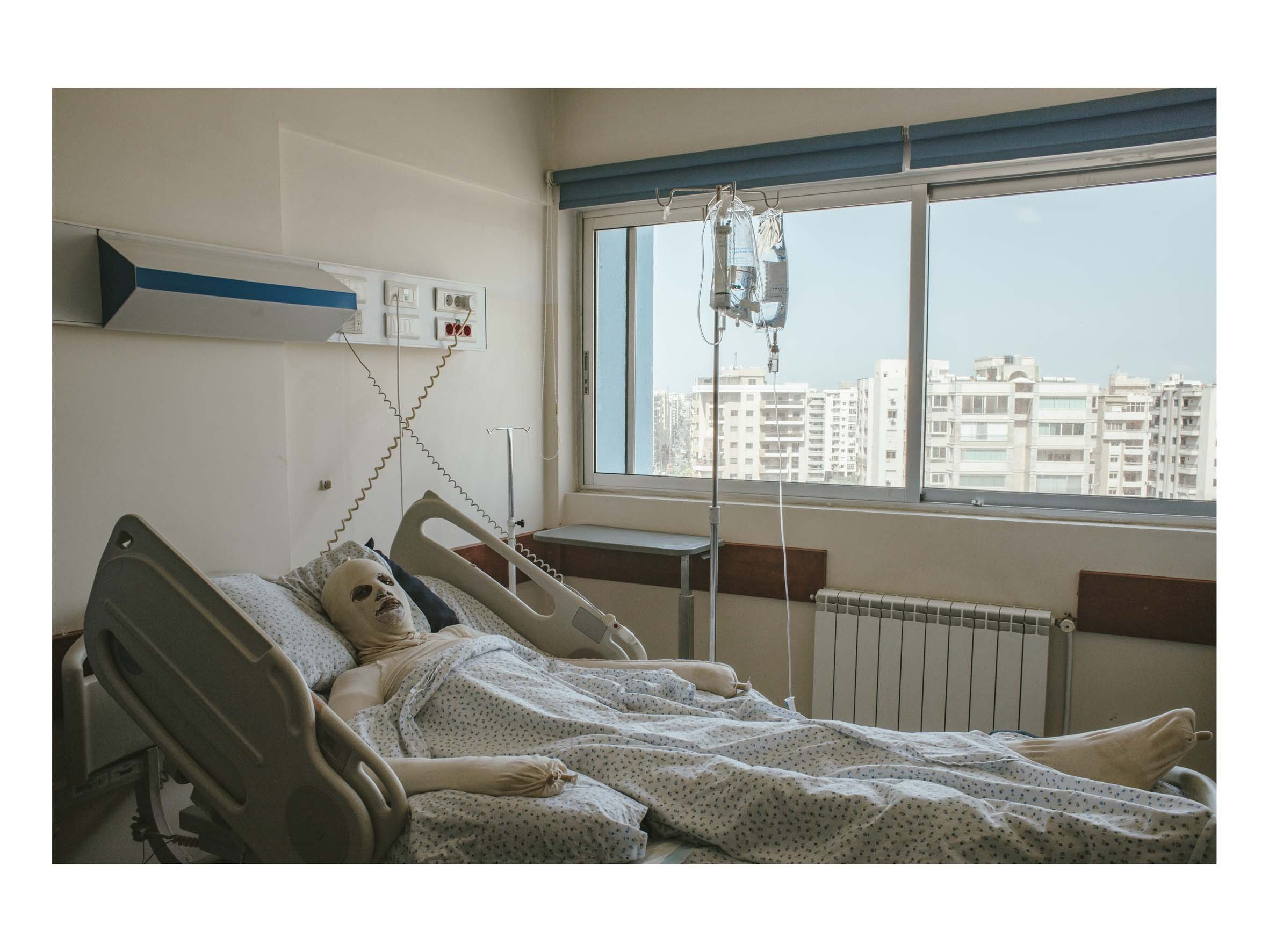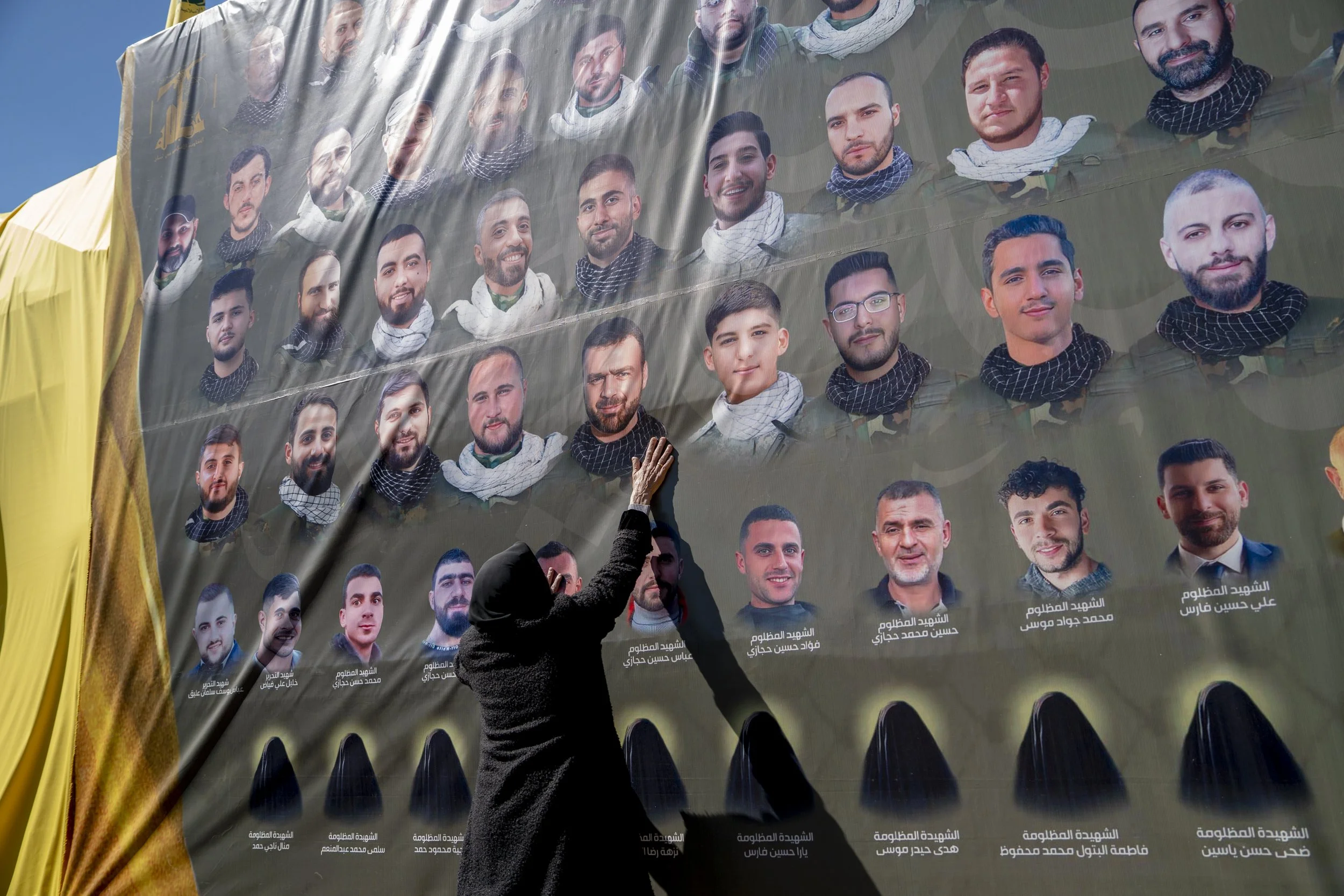LEBANON - Dayʿa: Return to the South
2020 - ongoing..
The ongoing project on Lebanon, initiated at the end of 2020, seeks to unfold one of the most severe national economic crises witnessed globally in over 150 years. Lebanon’s modern history is marked by a protracted civil war that reshaped its political landscape and stalled any aspiration for genuine reform. History books often stop at 1943, the year of independence, as collective memory has been overshadowed by the war’s legacy. The same political elites responsible for past destruction continue to govern, perpetuating today’s decline and denying a viable future to a youth already burdened by inherited trauma.
In 2019, a wave of nationwide protests briefly revived hope for systemic change. Yet the movement was soon overwhelmed by the weight of entrenched interests. The catastrophic Beirut port explosion on August 4, 2020, caused by a neglected stockpile of ammonium nitrate, resulted in over 220 deaths and 6,500 injuries, symbolizing the culmination of decades of corruption and impunity. The World Bank has described Lebanon’s economic collapse as one of the most severe since the mid-19th century, a level of decline typically associated with prolonged conflict. The Lebanese Lira has lost over 80 percent of its value, pushing more than half the population below the extreme poverty line, including approximately 900,000 Syrian refugees.
By 2021, a fuel crisis plunged the country into chronic shortages. People queued for hours to obtain petrol, while electricity became dependent on private generators, leaving most households with only a few hours of power each day. An ongoing exodus of skilled workers continues to erode the social fabric, compounded by restrictive visa regimes that make escape nearly impossible for many.
The situation worsened further in 2023 and 2024, as cross-border escalation between Israel and Hezbollah triggered the most significant displacement in Lebanon since 2006. Entire villages in South Lebanon were evacuated or destroyed, and humanitarian monitors reported over 90 civilian deaths and more than 64,000 people unable to return home due to continuing violations of the ceasefire, including repeated airstrikes. For families already weakened by economic collapse, this renewed conflict meant losing not only income and stability, but homes, land, and the physical anchors of memory.
Whenever you meet someone from South Lebanon, they will make sure you know where they come from. They won’t put it as “I’m from the south,” but as “I’m from the dayʿa.” In Lebanese Arabic, dayʿa means more than “village”: it speaks of roots, belonging, and a bond to land and lineage.
Lebanon’s crisis today is a stark reminder of the devastating consequences of prolonged political mismanagement, economic collapse, and recurring cycles of violence.
